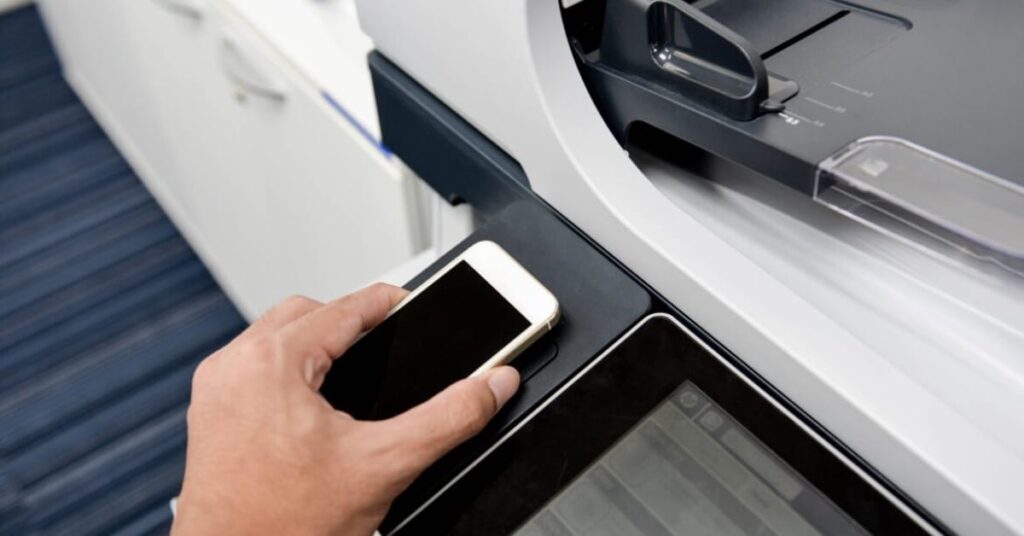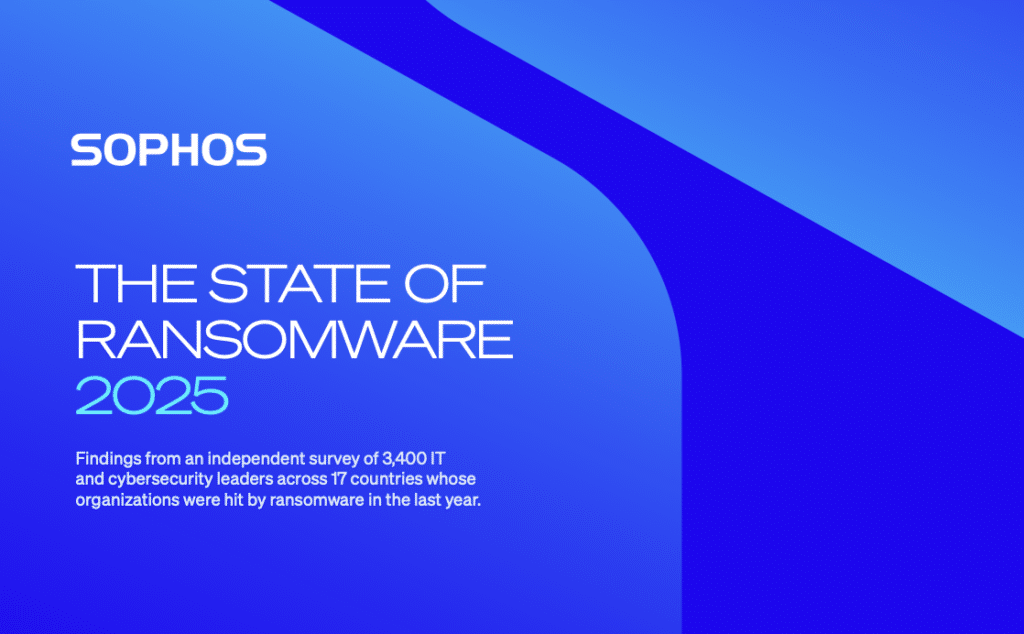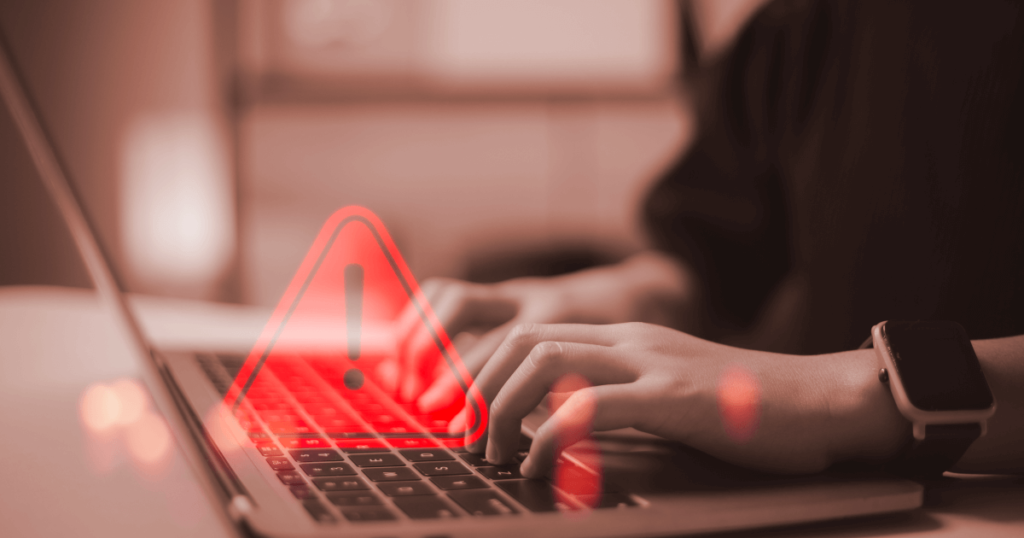Now is the time for offices and remote workers to wake up to secure printing

Cyber security has become an increasing concern for businesses over the years, but even more so since digital transformation has accelerated, leading to many employees working remotely on a more permanent basis. As work now takes place in a multitude of locations, (be it in the office, at home or in other remote locations) cyber-attacks have been refined and have increased in their number and frequency. Often, according to Managed Services provider Espria, the risks associated with this rise can be forgotten or ignored putting many businesses at risk. Dave Adamson, CTO at Espria, stated, “Technology that enables secure printing is essential, particularly in the post-pandemic world. An office printer will not only scan or copy but can transmit valuable data and if you use a multifunctional device (an MFD), with greater capabilities and functions, it is already supporting your business with improved efficiency and productivity, but it is also an additional risk.

“A notable cyber-attack occurred when 150,000 printers were hacked by Stackoverflowin. Thankfully, this was just for fun, but the aim was to highlight how vulnerable printers connected to the internet are. This experiment clearly indicated how easy it is for a cyber-attack to occur through our printers. Moreover, once access is secured, the potential for destruction is huge – from accessing the data stored on your printer to DDoS (distributed denial-of-service).” Another security concern are the paper documents left on your printers by your own staff. It’s all too easy to send something to print and then not pick it up – these documents can be intercepted by hackers who have gained access to your office. Therefore, you need to secure your printing environment to ensure your documents and sensitive data are protected. Adamson continued, “According to Quocirca’s latest Global Print Security Landscape report 2022 68% of businesses in the United Kingdom, United States, France, and Germany suffered a print-related data breach in the last year, which resulted in a data loss that cost companies an average of more than £600,000.” Secure printing is a set of specific standards that prevents unauthorised access to your printing environment either through the network or your devices. These tools and software protect access levels and restrict printing access to only those with permission to use them. Espria believes there are several key security measures you should implement to ensure you are printing securely:
- Follow Me Printing: This application enables any prints to be held in a queue until the author releases the print job securely at a device of their choice.
- Two-factor authentication: Adding another layer of security, via two-factor authentication whereby a pin is inserted at the device to release the printout.
- Implementation of Print Logging and Audit Trails: Obtain visibility of who is printing what, where and when so that you can monitor your printing security.
- Data encryption: Encoding of your documents and only those with the correct authorisation can decode the information. MFDs can encrypt files stored on their hard drive meaning that should it be stolen, your data remains safe. Also, with encryption or at least password protection, your sensitive data remains safe from being viewed by the wrong people.
. Adamson continued, “Whether you have a printer or a multifunctional device (MFD), consider how many files are copied, printed, and scanned throughout your working week. Clearly, there is a huge amount of your business data being stored on your device, much of which is highly confidential to your business.” “If you have secure print software, you can create alerts to notify you of a leak or data breach from one of your network printers. This provides your business with full transparency and accountability of your document workflows,” continued Adamson. “Unprotected printers and copiers can provide a relatively straightforward way for unauthorised parties to gain access to an organisation’s data. Ensuring devices are fully secure should be a key concern for any business and IT manager. “To improve security across your workplace, start by completing a comprehensive assessment of all your printers and MFDs – both siloed and networked devices – and identify any potential weak access points. Then approach a trusted print management specialist to help build an improved system,” concluded Adamson.
You may be interested in
Is Your MSP Really Helping You Grow — Or Just Keeping the Lights On?
There’s a moment in every business where the question quietly surfaces: “Are we getting what we really need from our IT provider?” It’s not always easy to answer. On the surface, things seem fine. Tickets are resolved. Reports arrive. There’s someone to call when things go wrong. It’s familiar. It’s comfortable. And that comfort can be deceiving. Because beneath the surface, many organisations are stuck in a service relationship that feels safe — but is actually stagnant. And here’s the truth: comfort isn’t the same as progress. For many, the idea of changing MSPs or challenging the…
The 2025 State of Ransomware: Key Insights on Attacks, Costs, and Recovery
Ransomware continues to evolve — and so must our defenses. The State of Ransomware 2025 report from Sophos presents one of the most comprehensive views yet into how organisations around the world are being impacted by ransomware attacks. Based on an independent survey of 3,400 IT and cybersecurity leaders across 17 countries, the report explores how attacks are evolving, the operational weaknesses adversaries exploit, and the human and financial tolls that follow. Whether you’re building a cybersecurity strategy or assessing risk, this year’s findings offer crucial, real-world insights to guide your response. Key Findings from…
Outgrowing your MSP; businesses need a provider that scales with their growth
To stay competitive, business leaders must align with MSPs that deliver strategic value, drive innovation, and support to scale. Now firmly into 2025, it’s becoming clear what the year has in store for the IT landscape. For SMBs, the message is clear: business growth must be matched with smarter, more scalable managed services. The demand for cyber-resilient, cloud-first and AI-integrated solutions is no longer a forecast – it’s a reality already shaping business priorities. According to leading global technology market analyst firm Canalys’ MSP Trends 2025 report, the MSP model is transforming under growing pressure…
End of windows 10 support signal urgent action needed from UK organisations as cyberattacks continue to rise
Recent breaches at major UK retailers, combined with the approaching end of life of Windows 10, highlights a critical moment for IT resilience planning The recent wave of cyberattacks targeting major UK retailers has highlighted the growing security risks associated with organisations running outdated systems and applications and maintaining weak identity verification protocols. These incidents—particularly those involving Marks & Spencer and the Co-Op—have starkly exposed how vulnerable legacy infrastructure and insufficient access controls can be. In both cases, attackers successfully posed as legitimate employees and manipulated IT help desks into resetting internal passwords, ultimately gaining…
UK SMEs must fortify their cybersecurity against geopolitical risks, says Espria
A recent Sky News investigation highlighted an uptick in cyberattacks tied to the Iran conflict that are targeting businesses across multiple sectors. Speaking at the NATO Summit, Prime Minister Sir Keir Starmer urged UK businesses, regardless of size or sector, to prioritise cybersecurity and ‘take immediate steps to review and strengthen their defences.’ While the warning is timely in tone, businesses are already becoming targets of politically motivated cyberattacks, emphasising the need for heightened vigilance. “As tensions spread globally, threat actors will continue to exploit digital vulnerabilities, and neutral businesses may be caught in the…
Why Businesses Should Invest in ESG: Lessons learned by Espria
In today’s competitive landscape, Environmental, Social and Governance (ESG) performance is no longer just a “nice to have”—it is a critical business imperative. Companies that prioritise ESG are better positioned for long-term success, risk mitigation, and reputation enhancement. Today’s world demands more from companies than just financial performance. Customers want transparency. Employees want purpose. Investors want resilience. ESG helps businesses manage risk, seize new opportunities and build trust with the people who matter most. It is how you can stay competitive, stay responsible and stay relevant in a fast-changing world. A powerful case study of…





